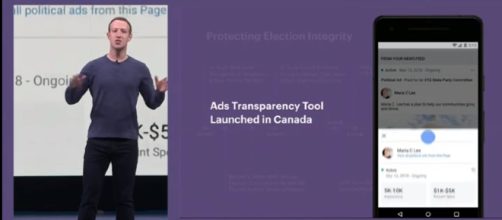There is good news and bad news in the news that Facebook will introduce changes to the way it shows ads to users. The good news is that there will be more ways to control the type of advertising you see. The bad news is that the ad blockers will stop working when the pessa enters the network through a computer. According to the explanation of Andrew Bosworth, who leads the business platform and ads of Facebook, the intention is to make advertising more targeted and efficient.
The executive acknowledges that ads in digital format have not kept pace with the overall improvement of the online experiences in recent years - and that's why many users get annoyed at the kind of advertising that comes their way.
For example, those ads that obscure the page, that take time to load or that try to sell something that the person is not interested in.
"Bad ads are disruptive and a waste of our time," he said in a posting on Facebook's corporate blog.
What is going to change
Facebook will bypass the ad blockers on the desktop because according to Bosworth, advertising guarantees the financing of the network, which is a free service, just as it guarantees the existence of so many other services (such as online journalism). In the second quarter of this year, the giant Menlo Park reported a growth of 63 percent in advertising revenue, which reached 5.6 billion euros. It is about 96 percent of total turnover.
The executive explains that several ad blockers accept payments to unlock advertising and that this is a somewhat confusing model for consumers.
Instead of paying these companies, Facebook wants users to see the ads, feeling they can control the ones they're exposed to.
This is where the good news comes in. Mark Zuckerberg's company believes that well-made and relevant ads can "be very useful," as one that shows that our favorite band is going to play nearby or give a discount on a tropical vacation.
More control
Ad preferences will allow people to tell you whether they want to receive certain types of ads or not, what their interests are, and whether there is a company they already own - and as such, they do not need to be "seduced" with advertising.
It is clear that companies that sell this type of software do not like the measure of Facebook.
The Adblock Plus, one of the largest market, published a reply in which he says that social networking has become "anti-user." It characterizes the decision as "regrettable," for preventing the user from making a choice.


